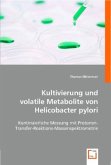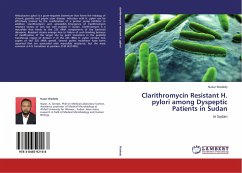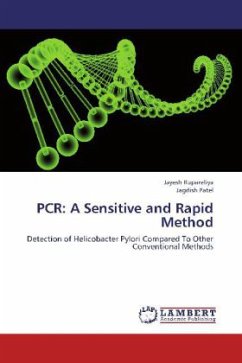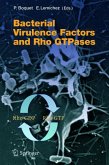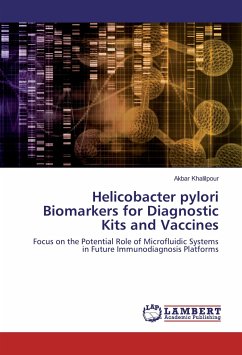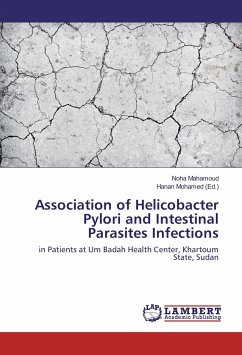More than 50% of the world's population harbor Helicobacter pylori in their upper gastrointestinal tract. H. pylori persistently infects gastric mucosa and is associated with several diseases including peptic ulcer disease and gastric carcinoma. One of the most thoroughly studied virulence factors produced by H. pylori is the Vacuolating Cytotoxin A (VacA).The protein binds to the host cells and is internalized. Inside the host cells, it causes "vacuole"-like membrane vesicles in the cytoplasm of gastric epithelial cells. Besides vacuolation, VacA exerts various other effects on target cells. VacA also forms membrane-embedded pores at the inner-mitochondrial membrane, resulting in mitochondrial dysfunction by cytochrome c release and apoptosis induction. VacA suppresses nuclear translocation of nuclear factor of activated T-cells (NFAT) resulting in down regulation of interleukin-2 (IL2) gene transcription to efficiently block proliferation of T-cells. This book underlines the results showing involvement of VacA in the modulation of intracellular calcium signalling and therefore will provide new insights that are required to understand how VacA inhibits T-cell proliferation.
Bitte wählen Sie Ihr Anliegen aus.
Rechnungen
Retourenschein anfordern
Bestellstatus
Storno




